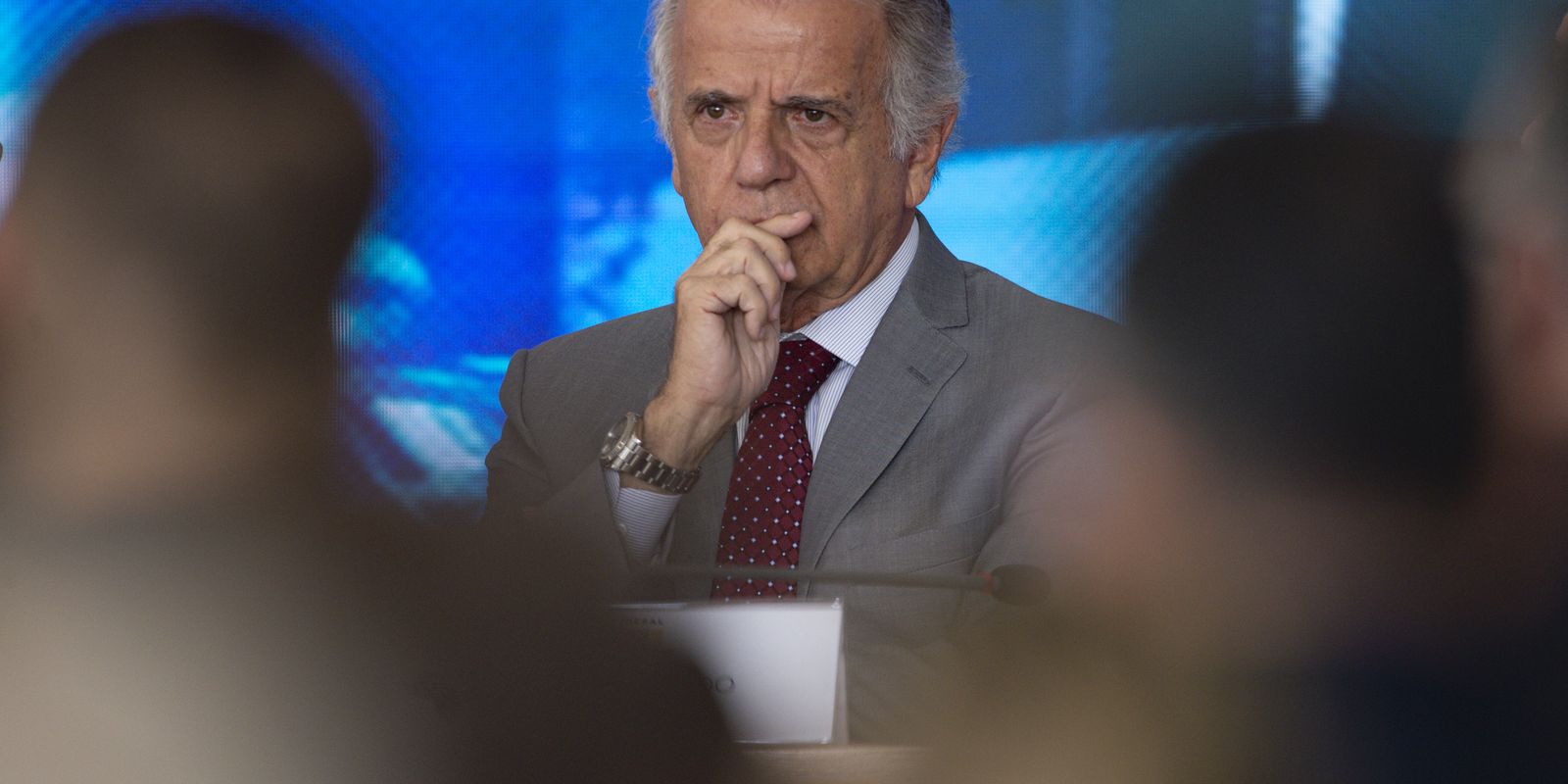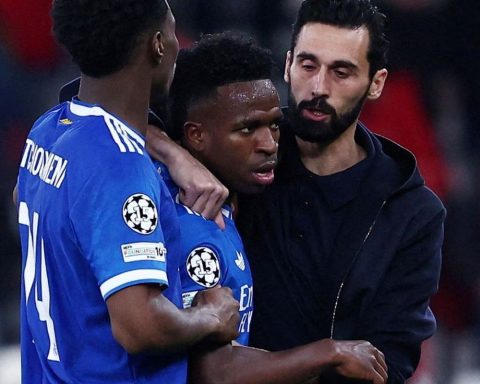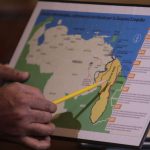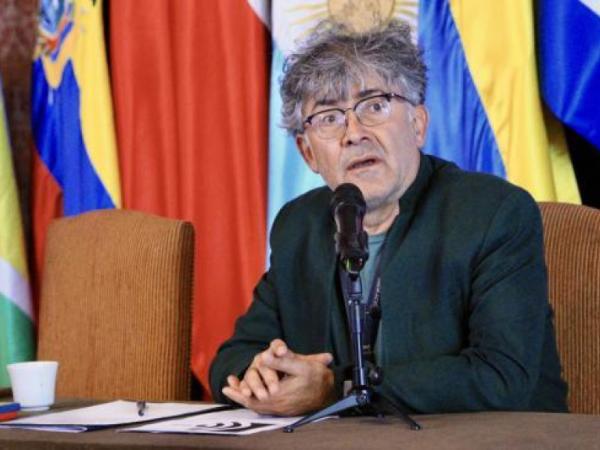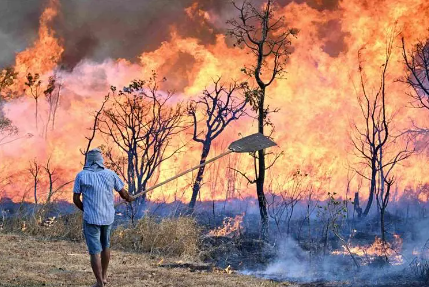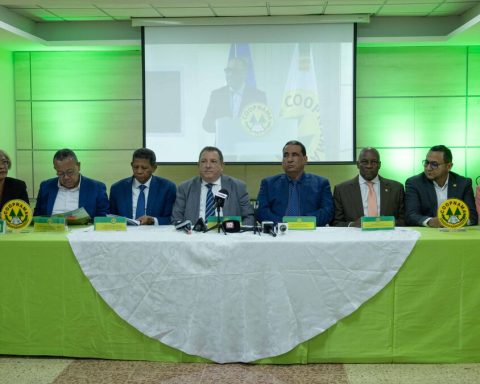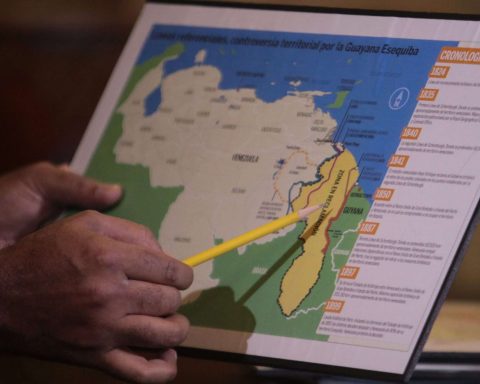The Minister of Defense, José Múcio Monteiro, said this Friday (27) that it is necessary to be committed to discouraging the escalation of current conflicts, seeking diplomatic solutions and investing in deterrence to reduce the possibility or need for the use of force. For him, it is necessary to consider the historical, political, economic, scientific and technological aspects, and not just the military expression. 
“With this broader notion, we can see that there is more at stake in this clash of forces than weapons, borders or infantry divisions. There is cooperation, economics, science, progress, respect and tolerance, but the political game is sometimes carried out by leaders who do not see this peaceful solution as viable. I refer to the negotiated resolution of conflicts. Who gains from war? After all, whoever decides for it never exposes themselves”, said Mucio when participating in the XXI Forte International Security Conference, at the Museum of Tomorrow, in Rio de Janeiro.
According to him, the world is going through a moment of marked political changes with sensitive consequences, regional stability and deep concerns about the new geopolitical design that is before us.
“We could cite some worrying examples today, such as in the Middle East, the conflict between Israel and Hezbollah. In Europe, the issue between Russia and Ukraine or even the situation of tensions that could be called not peace, not war, as in Kashmir, the South China Sea, the Korean Peninsula or even here in South America. regions that live with doubt, with uncertainty about the future, areas of controversy, interest, concern and attention. We also realize that the world today is going through a new arms race, which can be easily seen by the increase in investments in defense in recent years, by the promotion of defense forces in countries considered pacifist such as Japan”, stated the minister.
Organized crime
José Múcio recalled that there is a new and perverse threat corroding the structure of countries in Latin America, which is organized crime. According to him, transnational crimes such as drug trafficking, illegal migration and cybercrimes directly threaten democracy and the democratic rule of law.
“There is a need for combined action where global cooperation prevails to solve this threat, which causes so much damage to our borders and urban centers. Therefore, the episodic participation of the Armed Forces in a specific place and for a specified period of time, whether in operations to guarantee law and order, or in logistical intelligence or communication support, has occurred in Brazil in order to provide an immediate and decisive response to actions hostile criminal groups in national territory”, concludes the minister.
